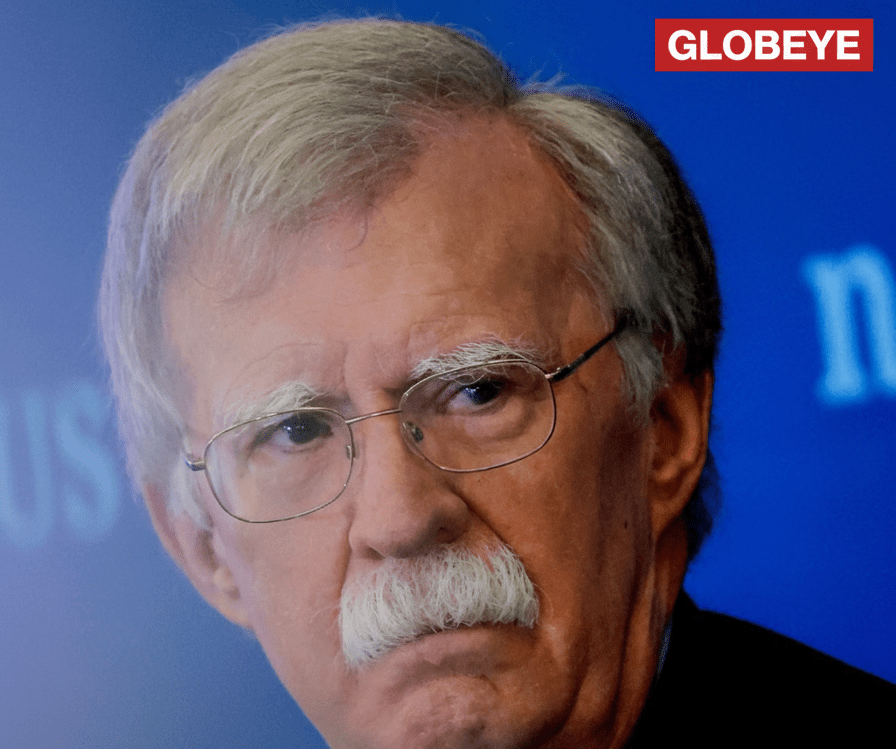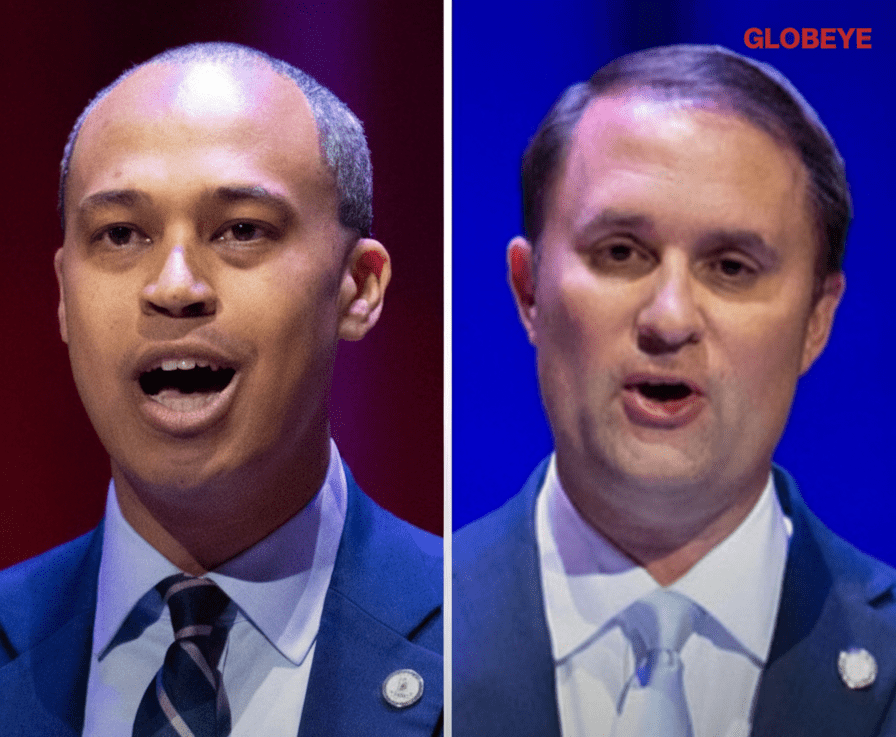Ex-Trump Adviser John Bolton Indicted in Classified Documents Case — What It Means for Him and for Trump
A federal grand jury has indicted former Trump National Security Adviser John Bolton on multiple charges related to mishandling classified national security information, marking a stunning turn for one of Washington’s most polarizing figures. Prosecutors allege that Bolton transmitted sensitive materials through a personal AOL email account — a method investigators say exposed high-level communications to potential breaches by foreign intelligence agencies.
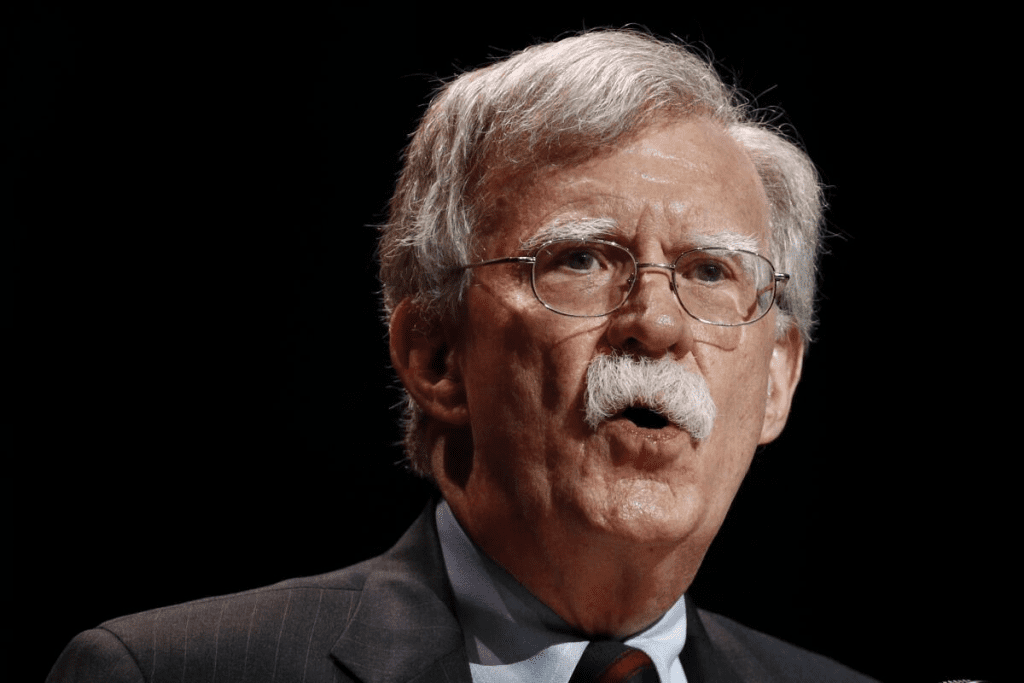
The indictment, handed down late Thursday in the District of Maryland, details three felony counts: unauthorized retention of national defense information, mishandling classified documents, and making false statements to federal authorities. The Justice Department claims that between 2018 and 2020, Bolton knowingly transmitted and retained files containing sensitive national security data, including intelligence briefings and communications involving allied nations.
FBI officials reportedly recovered several files during a search of Bolton’s Maryland home, some of which were marked “top secret.” According to investigators, these documents included memos on U.S. military strategy and internal diplomatic discussions regarding Iran and North Korea. Officials also confirmed that portions of Bolton’s correspondence were conducted through a personal AOL account — a significant violation of federal data security protocols that prohibit transmitting classified material through unsecured channels.
Bolton’s legal team has denied all allegations, calling the indictment politically motivated and “a deliberate attempt to silence dissent against the administration.” His attorneys argue that the documents in question were either unclassified drafts or had been cleared years ago under previous review processes. Bolton himself released a brief statement through his spokesperson, describing the charges as “an outrageous misuse of prosecutorial power.”
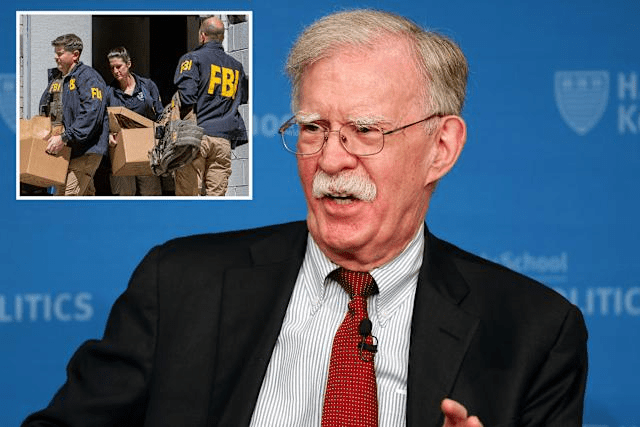
The case instantly ignited fierce debate across Washington. Supporters of President Trump framed the indictment as long-overdue accountability for an official they believe betrayed the administration for personal gain. Bolton, who served as Trump’s national security adviser from 2018 to 2019 before departing amid escalating tensions, later became one of the president’s most vocal critics — publishing a memoir, The Room Where It Happened, that detailed private conversations from inside the White House. The Justice Department had previously attempted to block that book’s publication, citing concerns that it revealed classified information.
For Trump allies, the indictment represents vindication. “This shows that the law applies equally to everyone,” one senior administration official said. “Bolton walked away from his duty, and he’s finally being held accountable.” Others, however, warn that the prosecution could deepen partisan divides over how classified information cases are handled, particularly following the controversies surrounding figures like Hillary Clinton and Joe Biden.
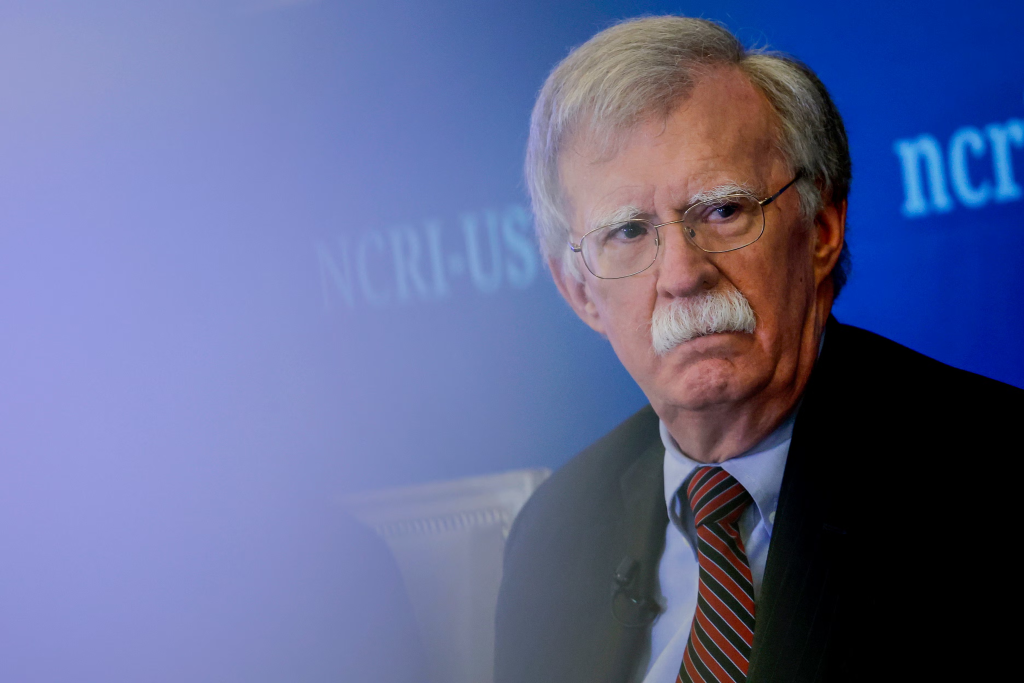
Legal analysts say the case could hinge on whether prosecutors can prove intent — that Bolton knowingly mishandled materials he understood to be classified. If convicted, he could face more than 10 years in federal prison. But experts caution that cases involving classified materials are notoriously complex, especially when defendants argue prior declassification or lack of malicious intent.
The optics of the indictment are unmistakable. Bolton was not just any national security adviser — he was one of the most outspoken hawks in modern American diplomacy, a figure who once called for regime change in Iran and North Korea and championed U.S. unilateralism abroad. His fall from grace, from a top policymaker to an indicted defendant, underscores how Washington’s internal rivalries can evolve into high-stakes legal drama.
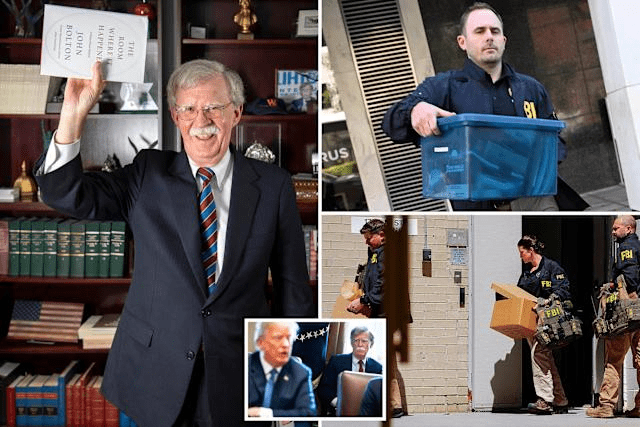
The indictment also lands amid a broader tightening of federal enforcement under the Trump administration’s second term, which has emphasized national security discipline and internal accountability. Administration officials insist that no one is above the rules, while critics contend the Justice Department is being used to pursue political vendettas. Still, by all appearances, the charges against Bolton stem from tangible evidence — seized documents, digital traces, and testimony from former staff — rather than partisan speculation.
As Bolton prepares to face arraignment, Washington waits for what could be one of the most consequential trials of the decade. The outcome will not only determine Bolton’s fate but could also reshape how the public perceives loyalty, dissent, and the limits of power in a post-Trump political landscape.
